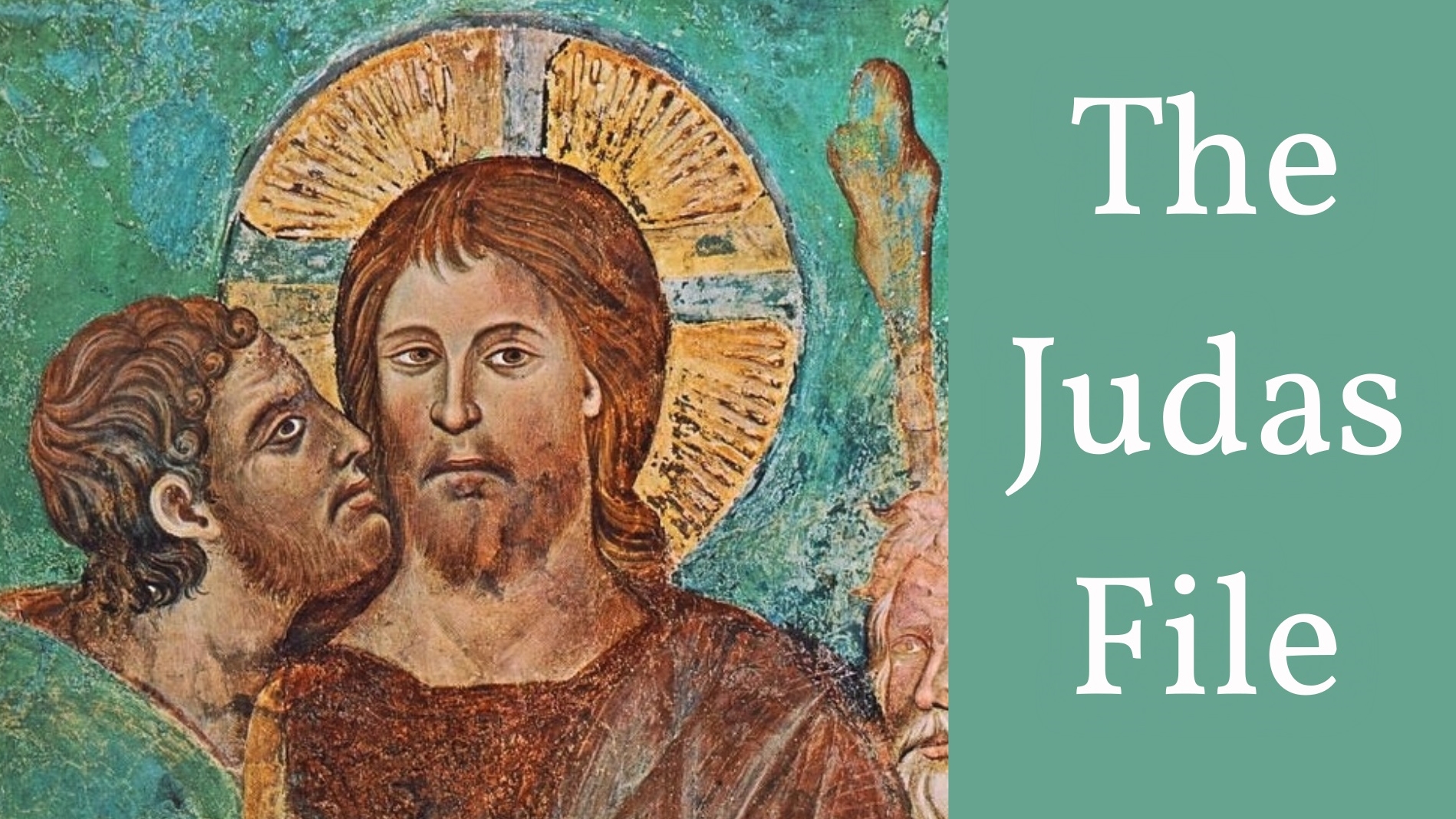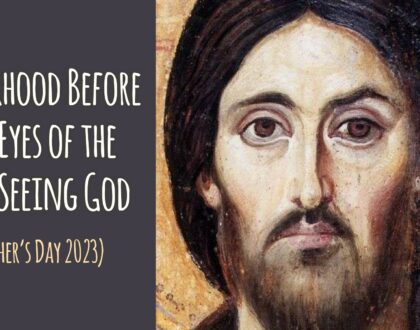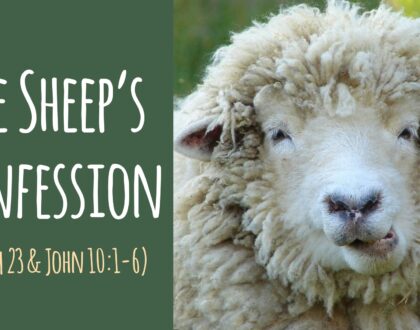John 13:21-30

by Pastor Gene
After saying these things, Jesus was troubled in his spirit, and testified, “Truly, truly, I say to you, one of you will betray me.” 22 The disciples looked at one another, uncertain of whom he spoke. 23 One of his disciples, whom Jesus loved, was reclining at table at Jesus’ side, 24 so Simon Peter motioned to him to ask Jesus of whom he was speaking. 25 So that disciple, leaning back against Jesus, said to him, “Lord, who is it?” 26 Jesus answered, “It is he to whom I will give this morsel of bread when I have dipped it.” So when he had dipped the morsel, he gave it to Judas, the son of Simon Iscariot. 27 Then after he had taken the morsel, Satan entered into him. Jesus said to him, “What you are going to do, do quickly.” 28 Now no one at the table knew why he said this to him. 29 Some thought that, because Judas had the moneybag, Jesus was telling him, “Buy what we need for the feast,” or that he should give something to the poor. 30 So, after receiving the morsel of bread, he immediately went out. And it was night.
- While it’s clear Judas was at the Last Supper there seems to be a contradiction as to whether he was there when Jesus said “This is my body … this is my blood.” Did Judas partake of communion? Why would this be problematic? Compare Matthew’s account (26:21-29) and John’s account (13:21-30). How do we reconcile these?
- John 13:27 says, “after he had taken the morsel, Satan entered into him [Judas]. Jesus said to him, “What you are going to do, do quickly.” What do Jesus’ words indicate?
- Judas was complicated a complicated man to be sure. He was certainly double-minded. Read James 1:5-8. What are the dangers of being double-minded, even as a believer? Can you think of other double-minded people in the Bible? What was the result of their double-mindedness? What are the dangers of believers being double-minded?
- When Jesus told the Twelve, “one of you is a devil” – which he said a full year before the cross, John 6:70 – it is doubtful that even Judas knew at that time that he would be the one who would betray Jesus. But by the time we get to the Last Supper, the evil in Judas’ heart had come to full maturity. After Jesus told the Twelve, “Truly, I say to you, one of you will betray me,” Judas replied, in almost unbelievable hypocrisy, “Is it I, Lord?” (Matthew 26:21, 25). Wrestle with Judas. What went wrong? How did he go from follower to betrayer? Was this a process? Or did He have treason in his heart from the beginning? What cautions can we draw from his life and end?
- At Jesus’ arrest, Judas called Him, ‘Rabbi,’ while Jesus called Judas ‘Friend’ (Matthew 26:49-50). Think about this exchange. What does it tell us about Jesus? Or about Judas?
- Judas betrayed Jesus with a kiss. In the Greek, when he “kissed” Jesus the word is emphatic (intensive). What might this mean? He ‘kissed!’ Jesus. What does this tell us?
- What do you think the other eleven apostles thought about Judas before they learned he was Jesus’ betrayer? Do the Gospels give us any clues?
- What does it mean to be clean? See John 15:3, John 13:10-11. Also, consider Paul’s description of the ‘unclean’ or ‘unwashed’ in 1 Corinthians 6:9-11.
- The Passover meal could only be celebrated at night. Everyone new this. So why does John say that, “after receiving the morsel of bread, he [Judas] immediately went out. And it was night” (John 13:30)?
- What does Isaiah 59:5 mean? What are “adders’ eggs” (KJV = “cockatrice’ eggs”)? And what does it mean to “hatch” them?
Recommended Posts

Reflection Questions: Fatherhood Before the Eyes of the All-Seeing God (Father’s Day 2024)
June 16, 2024


